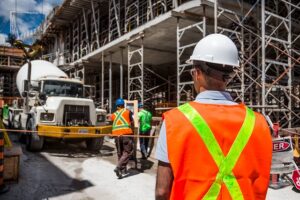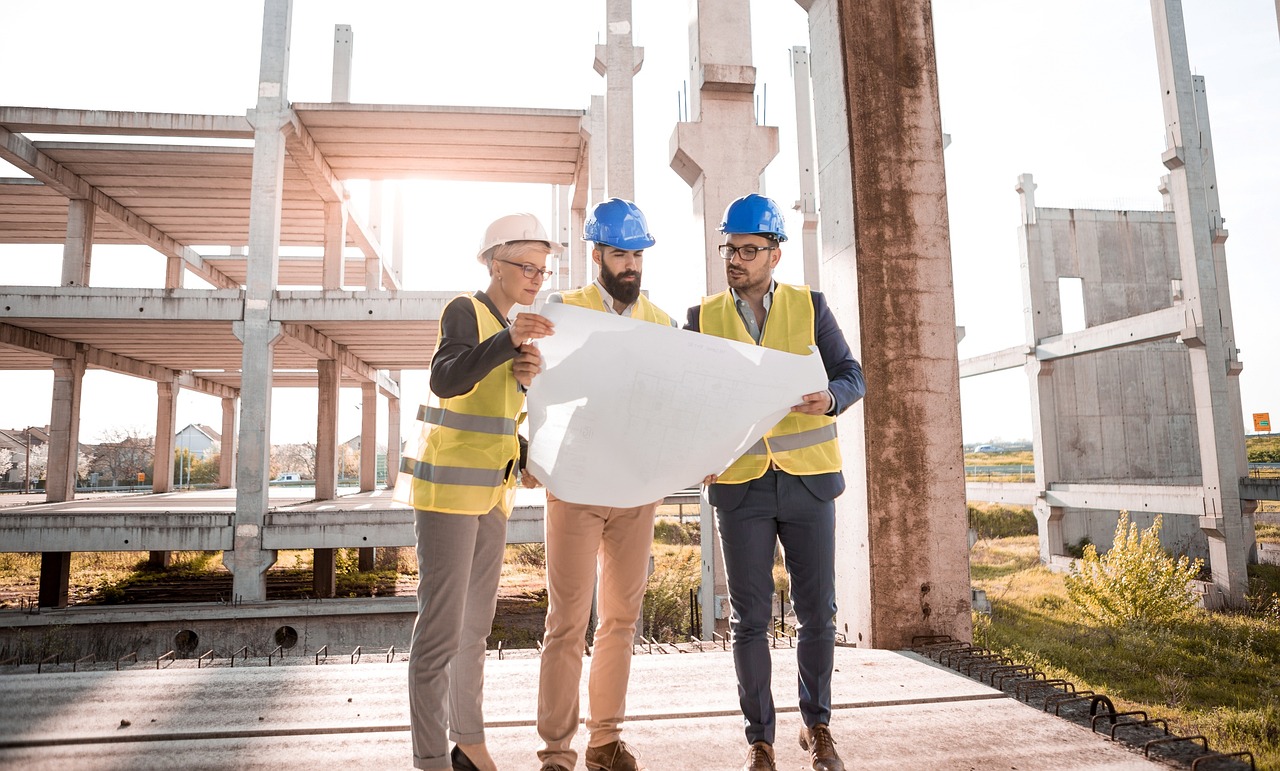Are you embarking on a construction project? Whether you’re constructing a new building or renovating an existing one, ensuring structural compliance is crucial. From labor laws to health and safety regulations, various legal obligations need to be met throughout the construction process. Let’s dive into the essential aspects of structural compliance in construction projects to ensure everything runs smoothly and within the boundaries of the law.
Contractual Obligations
 When embarking on a construction project, contractual obligations play a crucial role in ensuring the smooth execution of the work. Contracts outline the terms and conditions agreed upon by all parties, setting clear expectations and responsibilities. From defining project timelines to specifying payment schedules, contracts provide a roadmap for all stakeholders to follow throughout the construction process. It is essential for all parties to thoroughly review and understand their contractual obligations before signing any agreements. By outlining each party’s duties and liabilities, contracts help mitigate potential disputes or misunderstandings that may arise during the project.
When embarking on a construction project, contractual obligations play a crucial role in ensuring the smooth execution of the work. Contracts outline the terms and conditions agreed upon by all parties, setting clear expectations and responsibilities. From defining project timelines to specifying payment schedules, contracts provide a roadmap for all stakeholders to follow throughout the construction process. It is essential for all parties to thoroughly review and understand their contractual obligations before signing any agreements. By outlining each party’s duties and liabilities, contracts help mitigate potential disputes or misunderstandings that may arise during the project.
Adhering to contractual obligations fosters trust among collaborators and helps uphold legal compliance throughout the construction journey. If you are new in the field, you should know about the overlooked but essential construction roles. Negotiating terms within JCT construction contracts can get complicated, so it’s best to consult a legal professional.
Labor Laws
Labor laws are pivotal in construction projects, governing various aspects such as wages, working hours, and safety protocols. Employers must adhere to these regulations to protect the rights and well-being of their workers. Ensuring fair compensation and a safe working environment are key components of labor laws in the construction industry. Employers must also comply with regulations regarding overtime pay and breaks to promote employee welfare. Additionally, labor laws often outline specific requirements for hiring practices, discrimination prevention, and worker classification.
Building Permits
Securing the necessary building permits is crucial when embarking on a construction project. These permits serve as official approval from local authorities to proceed with your project within legal parameters. Obtaining the right permits is non-negotiable Whether for new construction, renovations, or additions. Building permits are not just red tape; they ensure that your project complies with zoning regulations and meets safety standards. Skipping this step can lead to costly fines, delays, or even tearing down completed work. Each municipality has its own set of requirements for issuing building permits. It’s essential to familiarize yourself with these guidelines and submit accurate documentation to avoid setbacks in your project timeline.
Health and Safety Regulations
 When it comes to construction projects, health and safety regulations play a crucial role in ensuring the well-being of workers and the public. These regulations are implemented to prevent accidents, injuries, and even fatalities on construction sites. Employers are required to provide a safe working environment for their employees by following specific guidelines set forth by regulatory bodies. This includes implementing proper safety protocols, providing necessary personal protective equipment (PPE), and conducting regular training sessions on workplace hazards. Construction companies must also adhere to regulations regarding hazardous materials handling, waste disposal, noise control measures, and emergency response plans.
When it comes to construction projects, health and safety regulations play a crucial role in ensuring the well-being of workers and the public. These regulations are implemented to prevent accidents, injuries, and even fatalities on construction sites. Employers are required to provide a safe working environment for their employees by following specific guidelines set forth by regulatory bodies. This includes implementing proper safety protocols, providing necessary personal protective equipment (PPE), and conducting regular training sessions on workplace hazards. Construction companies must also adhere to regulations regarding hazardous materials handling, waste disposal, noise control measures, and emergency response plans.
Failure to comply with these regulations can result in fines, legal repercussions, or even project shutdowns. By adhering to these legal requirements, construction professionals can mitigate risks, avoid costly penalties, and, most importantly, create a safe environment for workers and …
Read More


